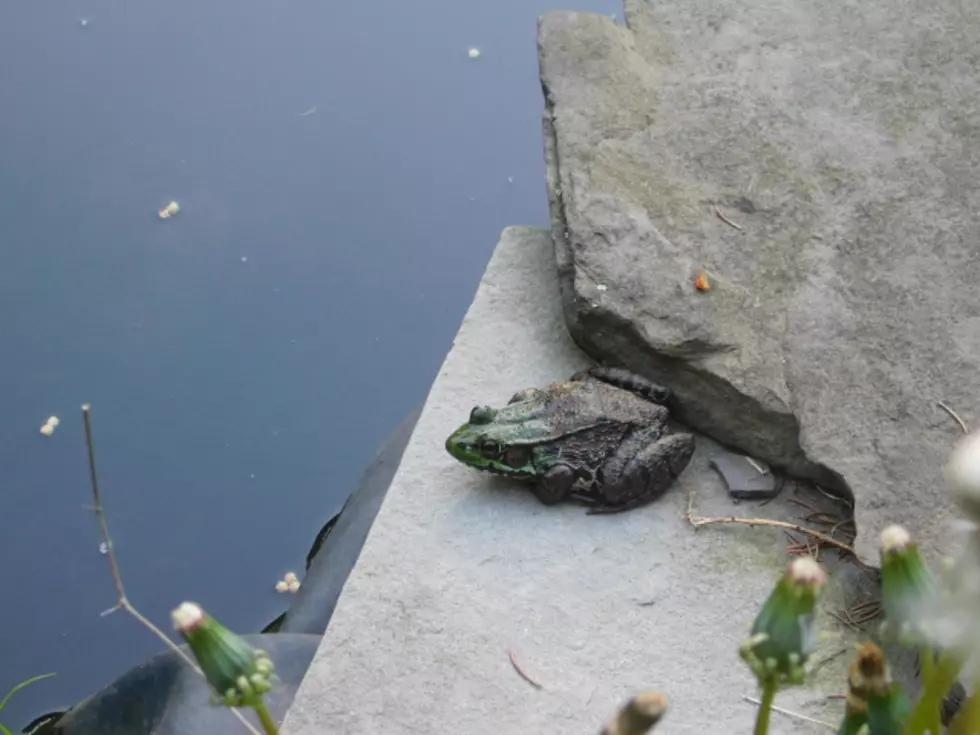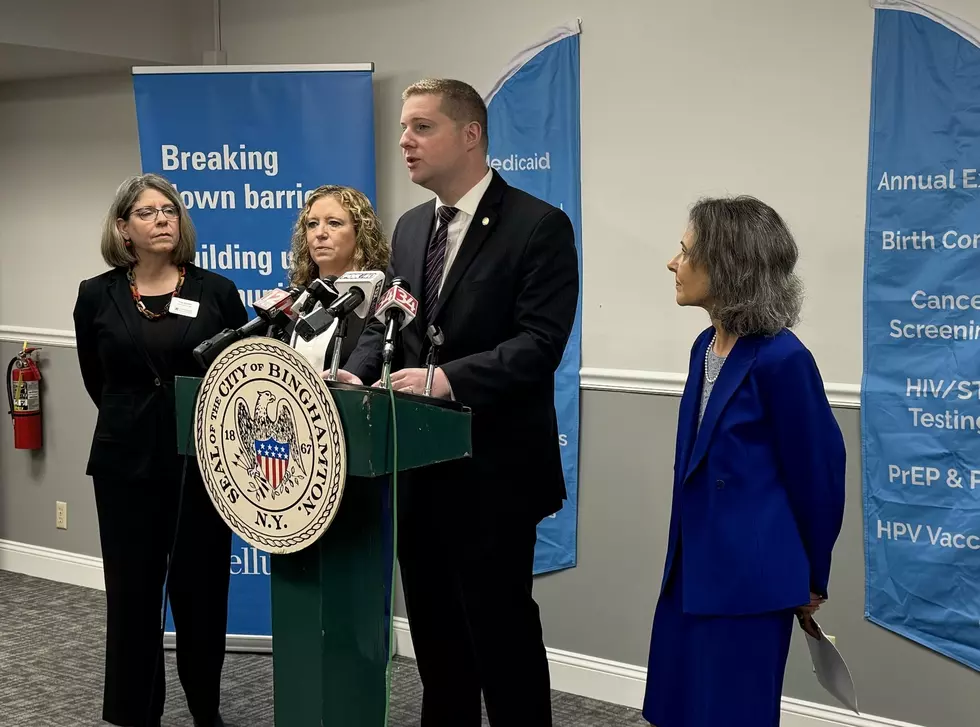
Road Salt Could Be More Harmful to Native Frogs Than Invaders
Could there be African clawed frogs swimming among the Lilly pads in your backyard Koi pond instead of native Northern Leopard frogs in the future? Probably not likely but Binghamton University researchers are finding types of animals that aren’t supposed to live here are more tolerant to chemical contamination, like the kind that comes from our seasonal reality of road salt, than indigenous species.
A team lead by Visiting Assistant Professor of Environmental Studies, George Meindl found native frogs were especially susceptible to runoff and invasive plants, possibly giving non-native amphibian species a flipper up on the traditional native hoppers.
During the work, researchers exposed frog eggs and tadpoles to chemical solutions to see how they fared.
Meindl says he hopes the results of the study will influence people to focus on the safety of the environment and how they can improve it.
More From WNBF News Radio 1290 AM & 92.1 FM









